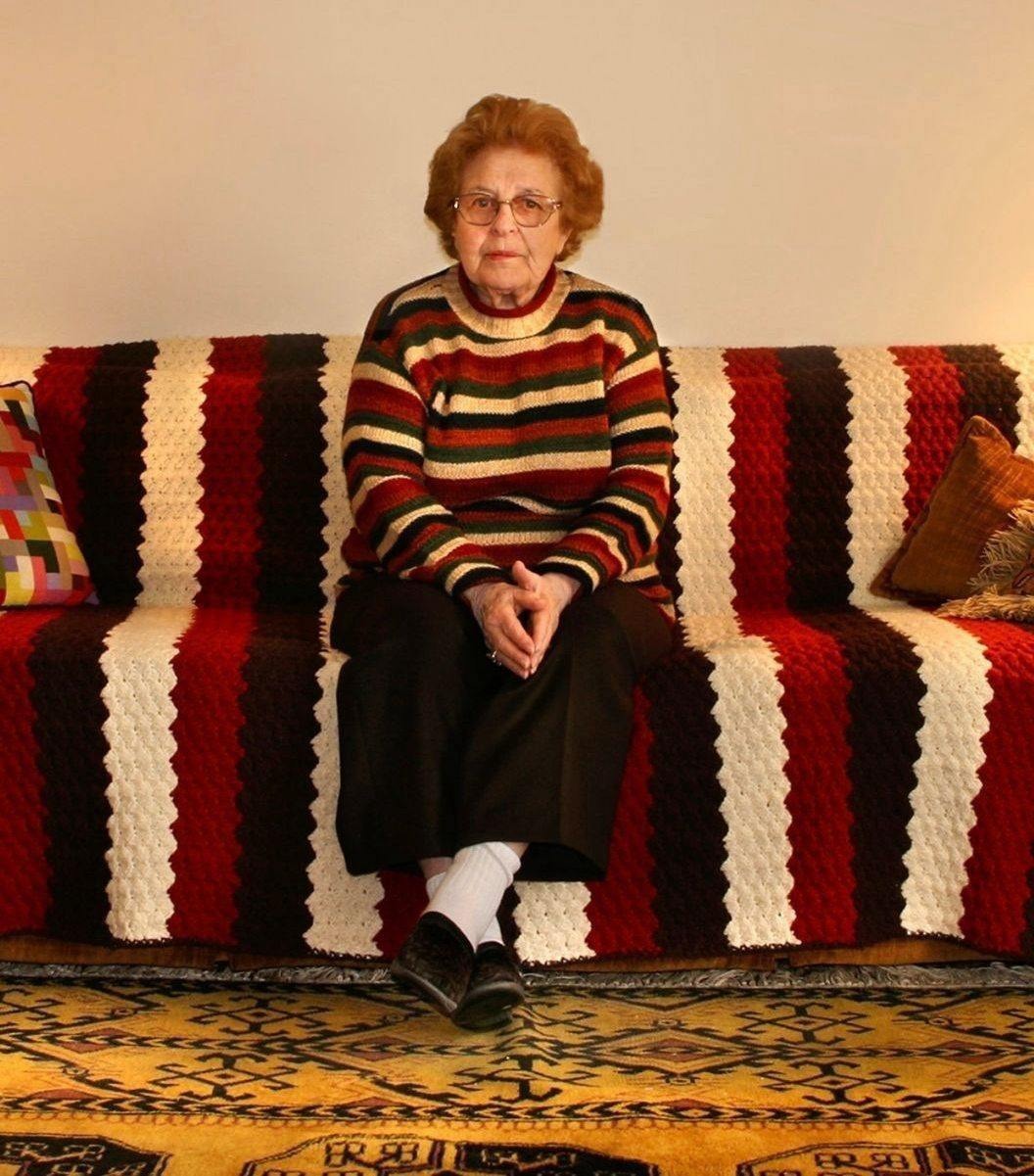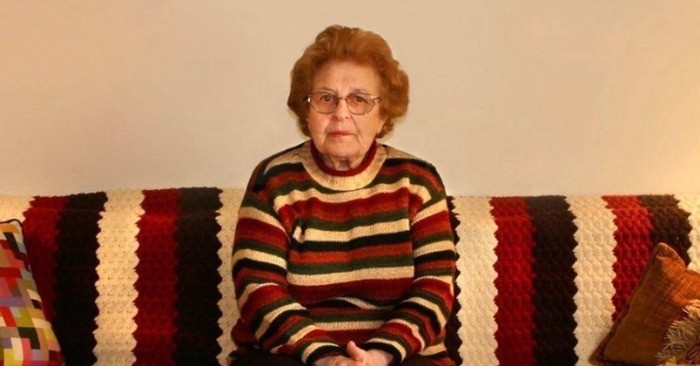Sophia always considered her older brother Daniel to be a model of responsibility. After their father’s death, he took on the leading role in the family. He was only twenty-five, but he seemed to have grown up overnight: he started working part-time to help their mother, often came home with bags of groceries and assured his younger sister that ‘everything was under control.’
Sofia, who worked as a night shift nurse, couldn’t spend as much time with her mother as she would have liked. So the thought of Daniel being there for her always reassured her. He would say:
“Don’t worry, Sof, I’m paying the bills and looking after Mum. I have enough left over from my salary, I even put some aside for her medicine and for the future.
And she believed him.
One evening, when Sofia stopped by her mother’s after work, her mother quietly asked her:
‘Darling, please buy the new medicine the doctor prescribed. I’ve run out.’
Sofia was surprised:
‘Doesn’t Daniel help you with that? He said he gives you money for treatment.’
Her mother looked at her in confusion and replied:
‘No, he… sometimes buys groceries, pays for electricity, but we never talked about medicine. I thought you were taking care of it.’
Sofia felt a chill run down her spine. Everything her brother had told her about ‘Mum’s savings’ suddenly seemed strange.
A few days later, returning home late from work, Sofia noticed a familiar figure at the ATM. It was Daniel. He was hurriedly withdrawing a large sum of money, looking around as if afraid of being seen.
Curiosity got the better of her, and she followed him. Daniel walked quickly towards the city centre, to an area where traders crowded during the day and the signs of bars and clubs lit up at night. Sofia kept her distance, her heart beating faster and faster.
Finally, he entered a small room with a bright sign flashing red lights. It was a casino.
Sofia couldn’t believe her eyes. She had waited for him for over an hour and saw him leave: his face gloomy, his hands empty, his steps heavy.
The next day, Sofia made up her mind. They were sitting in her kitchen. Rain was drizzling outside the window, and the silence in the room seemed particularly heavy.
‘Daniel,’ she began, trying to speak calmly. “I saw you yesterday. Tell me the truth: where is the money you were supposedly saving for Mum going?
He froze as if he had been struck. He sat silently for a few seconds, clenching his fists. Then he lowered his head and said quietly:
‘I wanted… I thought I could win more. That I could give Mum everything she deserved. I gambled.’
Sofia felt the ground slip away from under her feet.
‘You lied to me and to Mum?!’ Her voice trembled.
Daniel covered his face with his hands.
‘I tried. Every time, I believed I could win back twice as much. But I lost. And I tried again. I didn’t notice how I got sucked in.’
Sofia didn’t sleep all night. She cried from hurt and anger. The image of her brother, the very person she could always rely on, was crumbling in her mind. But at the same time, she understood that he wasn’t a villain, he was weak. And if they turned their backs on him, they would lose him forever.
In the morning, she talked to her mother. Her mother listened silently for a long time, then said:
‘I knew something was wrong with him. But I was afraid to ask. He’s my son.’
And then Sofia decided:
‘We won’t let him go to ruin.’
She insisted that Daniel see a specialist in gaming addiction. It was a difficult decision: he resisted, made excuses, promised that ‘everything was under control.’ But gradually, step by step, he began to admit that he really needed help.
The truth was painful, but it was what saved their family. Sofia realised that sometimes the people closest to us can get trapped in their own mistakes. Only honesty and support can get them out of it.
Now, remembering that evening at the ATM and the flashing casino sign, Sofia thinks, ‘I’m so glad I went after him then. Otherwise, we would have lost not only money… we would have lost him.’







